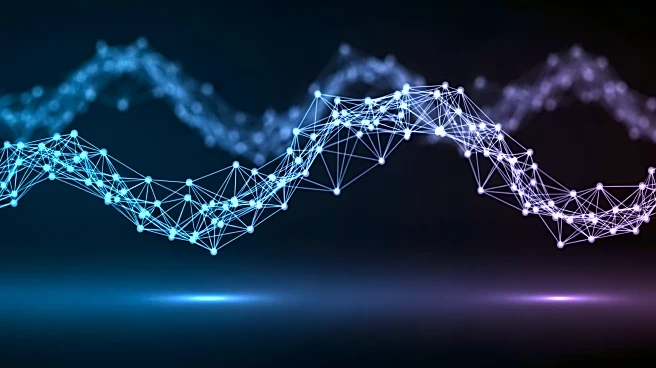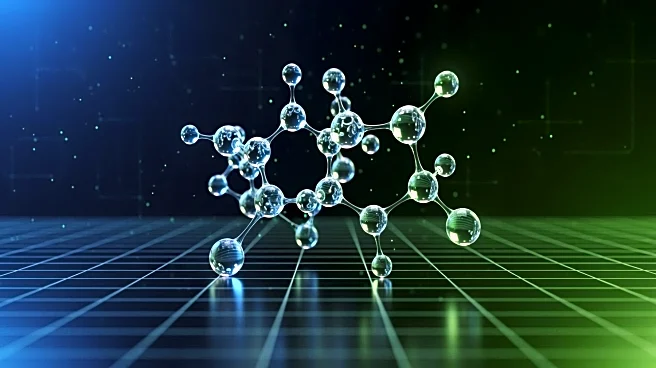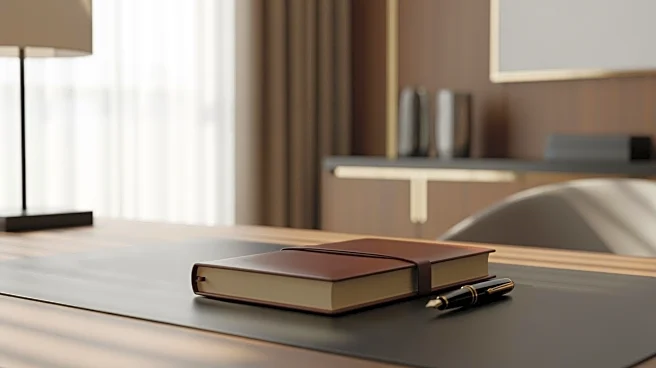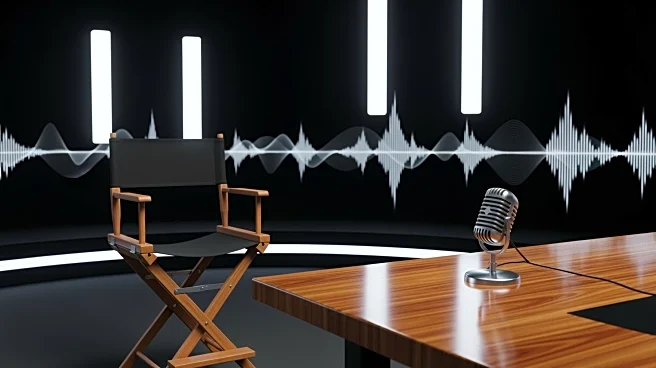By Leika Kihara
KOCHI, Japan (Reuters) -Bank of Japan Deputy Governor Shinichi Uchida said risks to economic activity and prices were skewed to the downside due to "extremely high" uncertainty over trade
policy, signalling that the central bank was in no rush to resume interest rate hikes.
The remark came hours after U.S. President Donald Trump announced a trade deal with Japan, a move that will likely reduce some of the trepidation over the economic outlook.
Uchida reiterated the central bank's readiness to stay on course for further rate hikes, saying it will continue to hike borrowing costs if the economy keeps improving.
But he said the BOJ will scrutinise "without any preconceptions" whether its projections will materialise due to a lack of clarity on how U.S. trade policy unfolds, and affects the global economy and markets.
"Uncertainties surrounding each country's trade policy, and the effect on domestic and overseas economies, remain extremely high. As such, risks to economic activity and prices are skewed to the downside," Uchida said on Wednesday in a speech to business leaders in Kochi, southwestern Japan.
"The BOJ needs to adjust monetary policy to best balance upside and downside risks from the perspective of maintaining economic and price stability," he added.
The remarks from Uchida, who is known to deliver strong hints on the policy outlook, come ahead of the BOJ's July 30-31 rate-setting meeting when the board will issue a quarterly report with new growth and inflation projections.
Sources have told Reuters the BOJ's report will warn of uncertainty over the impact of U.S. tariffs, but may offer a less gloomy view on the near-term hit to Japan's economy than three months ago when market volatility was at its peak.
If some progress is made in Trump's trade negotiations with other countries, Japanese companies will likely enjoy strong profits and continue hiking wages, Uchida said.
"But if the negative impact of tariff policies turns out to be greater or more prolonged than expected, the wage-hike trend seen in the past few years could weaken," he said.
While warning of risks to economic growth, Uchida said inflation was running hotter than initially expected as rises in food costs were spreading beyond the price of rice.
"This suggests that, at least with regards to food prices, firms' price-setting behaviour has changed significantly compared to the past," he said, adding that rising food costs may have a relatively strong influence on households' inflation expectations.
The BOJ expects underlying inflation, or price rises driven by strength in domestic demand, to reach its 2% target around the latter half of fiscal 2026 through 2027, he said.
The BOJ exited a decade-long, radical stimulus programme last year and raised short-term interest rates to 0.5% in January on the view that Japan was on the cusp of sustainably hitting its 2% inflation target.
While the central bank has signalled its readiness to raise rates further, the economic impact of higher U.S. tariffs forced it to cut its growth forecasts in May and complicated decisions around the timing of the next rate increase.
Key to the BOJ's rate-hike timing would be whether firms will continue to hike wages next year despite headwinds from U.S. tariffs, and help underpin economic growth, analysts say.
A slight majority of economists in a June Reuters poll expected the BOJ to forgo another rate hike this year.
(Reporting by Leika Kihara; Additional reporting by Makiko Yamazaki; Editing by Christopher Cushing and Shri Navaratnam)











